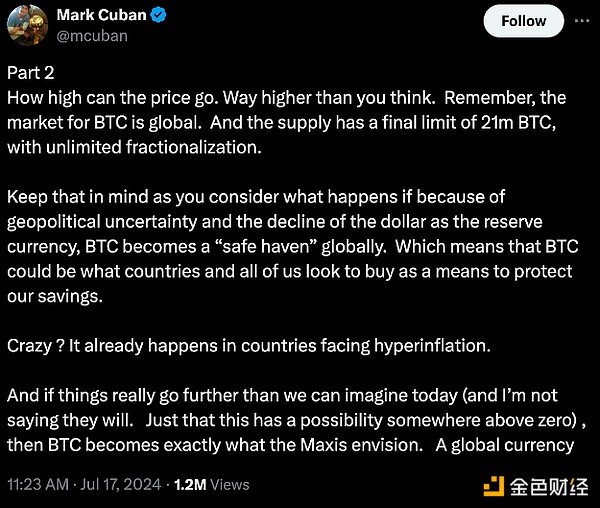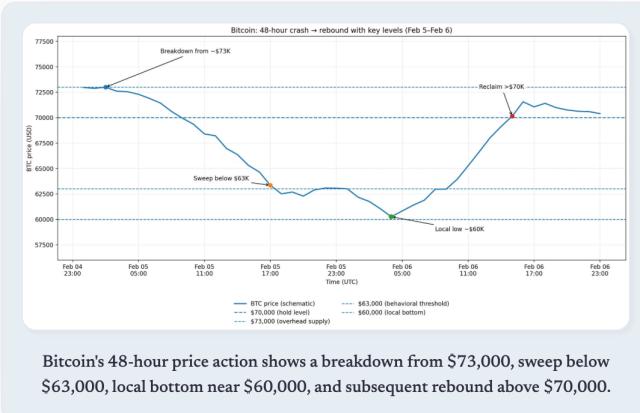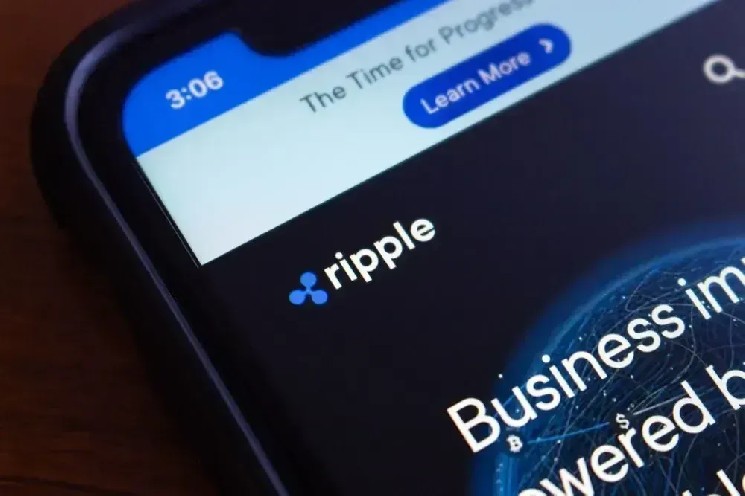Author: Vince Quill, CoinTelegraph; Translated by: Tao Zhu, Jinse Finance
Asset manager Bryan Courchesne recently appeared on CNBC to discuss Bitcoin’s potential to become a strategic reserve asset for the U.S. government under a future Trump administration.
According to the asset manager, adopting Bitcoin as a reserve asset would be difficult, but not impossible. Courchesne noted that the U.S. Department of Justice holds 200,000 Bitcoins, which makes the U.S. government the largest holder of Bitcoin, second only to the anonymous creator Satoshi Nakamoto.
Courchesne explained that the DOJ could simply transfer the Bitcoin to the U.S. Treasury, paving the way for the Treasury to begin accumulating and holding the scarce asset over the long term.
Bitcoin’s Potential to Become a Global Reserve Asset
Former President Donald Trump’s announcement of support for the digital asset industry amid rising global debt and monetary inflation has fueled speculation that Bitcoin could become a global reserve asset or a strategic U.S. treasury asset.
Trump's selection of 39-year-old Bitcoin holder JD Vance as his running mate has also fueled speculation that a future Trump administration could mean a new era for cryptocurrencies, with Bitcoin fully integrated into the current financial system.
Billionaire investor Mark Cuban has also envisioned a scenario where widespread inflation and geopolitical instability prompt the global population to use Bitcoin as a safe haven to protect their life savings and purchasing power, allowing Bitcoin to organically ascend to global reserve currency status. Data from high-inflation countries such as Argentina, Venezuela, and Turkey suggest this is already happening as people turn to cryptocurrencies as a hedge against inflation.

Source: Mark Cuban
However, Ari Paul, founder of BlockTower Capital, doesn’t think so. Paul believes that the odds of Bitcoin becoming a U.S. strategic reserve asset within the next four years are 10:1. The entrepreneur explained that even if a future president declares that the U.S. will not sell its Bitcoin holdings, the U.S. strategic reserve (a collection of assets held to respond to national emergencies) may not be officially established.








